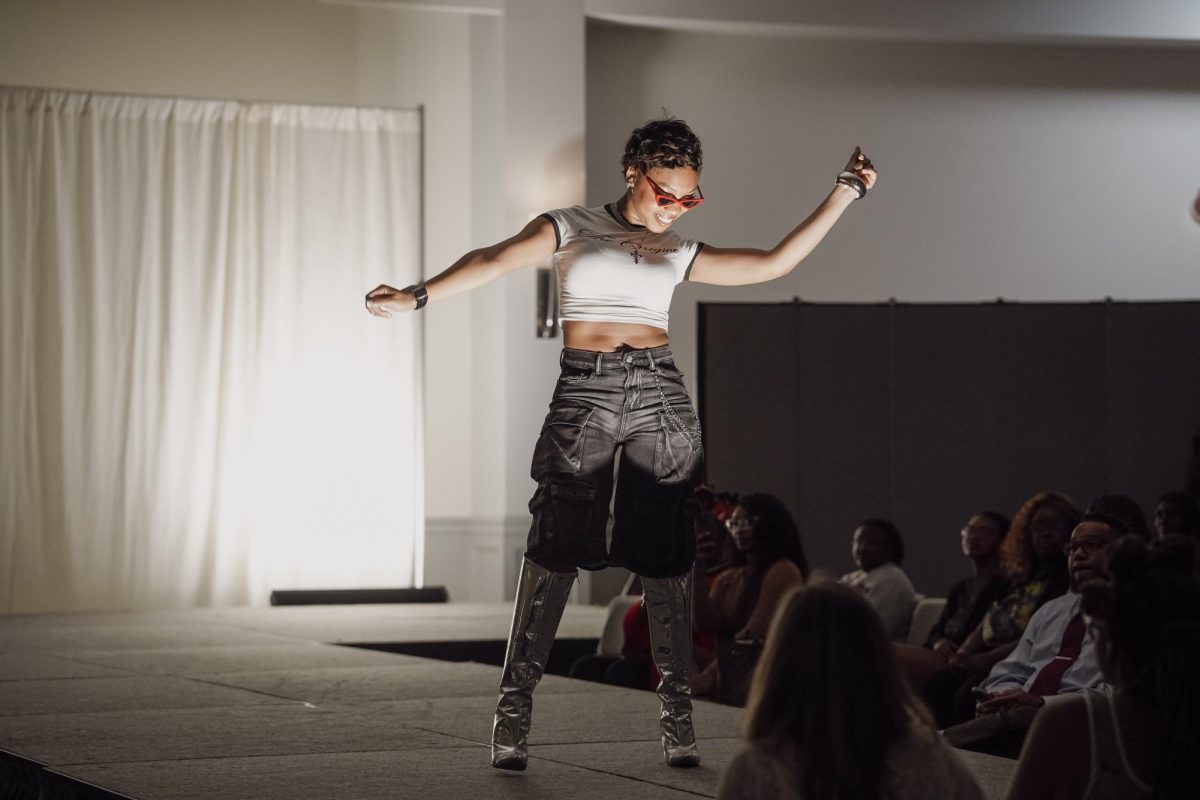In the wake of Hurricane Katrina, New Orleans residents returning to their homes are claiming to have a general upper respiratory infection afflicting people returning to the city, according to ABC News’ Joy Victory.This relentless hacking was dubbed the “Katrina Cough.” These upper respiratory infections are largely caused by mold, bacteria, viruses and petroleum related-chemicals.
“The infections are not due to Hurricane Katrina itself,” Patrick Hagen, ear, nose, throat and sinus physician, said. “It is due to things such as mold that have always caused respiratory infections.”
Residents returning to their homes and businesses in damaged areas were highly advised to wear masks, gloves, boots and gowns while in the area in order to prevent getting sick. They were advised to throw any clothing away that was worn during clean-up and wash their hands thoroughly in order to prevent any chance of infection.
“People who are known to have asthma and severe respiratory allergies are more likely to develop problems,” Hagen said, “but those who followed precautions will not get sick.”
According to Hagen, the respiratory infection is temporary like any other infection because of the change in environment, but if untreated can develop into sinusitis and bronchitis. An ear, nose, throat and sinus doctor can determine if the illness is an allergy, infection or a virus.
According to healthlink.edu, although infectious diseases are a frightening prospect, rare and deadly exotic diseases such as cholera or typhoid do not suddenly break out after hurricanes and floods in areas where such diseases do not naturally occur.
“Anytime you get sick, especially in a high-risk environment, you should go to your ear, nose and throat doctor, tell them where you went and what you were exposed to in order for them to properly diagnose you,” Hagen said.
According to the United States Government Accountability Office, during the 10-month clean-up period after the Sept. 11, 2001, attacks, a range of respiratory conditions were reported that included wheezing, shortness of breath, sinusitis, asthma, and a persistent cough accompanied by severe respiratory symptoms they called the World Trade Center cough, which is similar to the Katrina Cough. Similar conditions also appeared in the December 2004 tsunami aftermath.
According to healthlink.edu, there are many precautions that should be taken in order to remain healthy when in affected areas during disaster aftermath. To prevent illness from food, identify and throw away food that may not be safe to eat and store food safely. To prevent illness from water, listen to and follow public announcements and correctly boil and disinfect it.
To prevent and treat illnesses and injuries, beware of electrical and fire hazards, and hazardous materials, clean up mold growth, stay cool, treat wounds and wash hands thoroughly. Also, wear protective gear for clean- up work.







